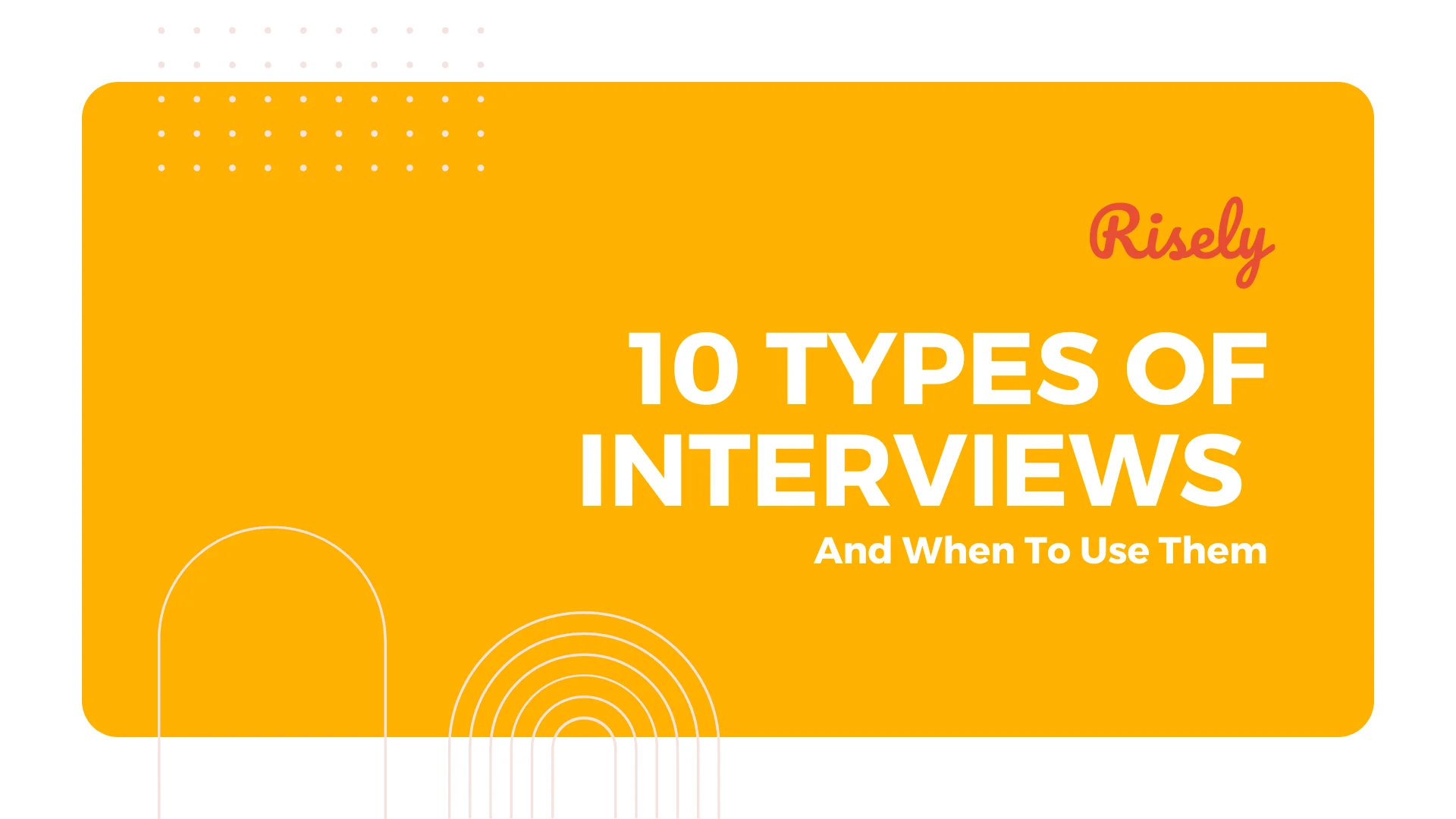Why is Empathetic Listening the Key to Successful Leadership?
Effective communication is a crucial aspect of being a successful manager, and one of the essential communication skills is listening. But listening is more than just hearing what the other person is saying. Empathetic listening is about being fully present, understanding the emotions behind the words, and demonstrating to the speaker that you value their perspective. It involves suspending judgment, asking open-ended questions, and reflecting on what you’ve heard to ensure understanding. When managers practice empathetic listening, they create an environment that encourages trust, understanding, and collaboration. In this blog, we’ll explore the importance of empathetic listening for managers, its benefits to the workplace, and some tips for developing this skill.What is empathetic listening?
Empathetic listening is a communication skill that involves actively and fully listening to another person to understand their thoughts, feelings, and perspective. It’s about more than just hearing the other person’s words. Empathetic listening requires paying attention to the speaker’s body language, tone of voice, and the emotions behind their words to better understand what they’re trying to communicate. In empathetic listening, the listener suspends their judgment and assumptions and focuses solely on the speaker’s words and feelings. This allows the listener to appreciate the speaker’s perspective and experiences better. Empathetic listening involves reflective responses, such as paraphrasing what the speaker said to show that you understand and are paying attention to their message. By demonstrating empathy and understanding, the listener can build trust and rapport with the speaker, leading to more honest and open communication.Why is listening with empathy important?
Listening with empathy is crucial in building trust and rapport with others. When individuals feel that they are being heard and understood, they are more likely to feel valued and respected, which leads to building stronger relationships at work. Empathetic listening shows others that their thoughts and feelings matter and that their perspectives are being considered. This is particularly important in the workplace, where employees want to feel that their contributions are recognized and appreciated. When managers listen with empathy, they create a positive and inclusive environment that fosters collaboration, creativity, and productivity. Furthermore, empathetic listening can help to de-escalate conflicts and prevent misunderstandings. By taking the time to understand the emotions and perspectives of others, managers can better identify and address the root cause of any issues. This can lead to more effective problem-solving and a more harmonious workplace.Benefits of empathetic listening
There are numerous benefits of empathetic listening in both personal and professional settings:- Improved Relationships: Empathetic listening helps to build stronger, more meaningful relationships by demonstrating that you care about and respect the other person’s thoughts and feelings. This can lead to greater trust, respect, and rapport between individuals.
- Conflict Resolution: By listening with empathy, managers can better understand the perspectives and emotions of those involved in a conflict. This can help to de-escalate tensions, prevent misunderstandings, and facilitate more effective problem-solving.
- Increased Productivity: Empathetic listening can improve communication and collaboration, leading to more efficient and effective teamwork. Employees who feel their opinions are heard and valued are more likely to contribute their ideas and work together towards common goals.
- Enhanced Creativity: By encouraging open and honest communication, empathetic listening can lead to more creative solutions and ideas. When individuals feel safe to express their thoughts and ideas, they are more likely to think outside the box and come up with innovative solutions.
Qualities of an empathetic listener
An empathetic listener possesses several key qualities that enable them to connect with and understand others:- Open-mindedness: An empathetic listener approaches conversations with an open mind, suspending preconceived judgments or biases.
- Patience: Empathetic listening requires patience, as the listener must fully understand the speaker’s perspective and emotions.
- Empathy: Empathic listeners demonstrate empathy by putting themselves in the team members shoes and understanding their thoughts, feelings, and experiences.
- Active Listening: Empathic listeners engage in active listening by giving their full attention to the team members, asking open-ended questions, and reflecting on what they’ve heard to ensure understanding.
- Non-Judgmental Attitude: An empathic manager does not judge the team members or their perspective but instead seeks to understand and appreciate their viewpoint.
- Curiosity: Empathic listeners are curious about the speaker’s experiences and perspectives, asking questions to understand their thoughts and feelings better.
- Emotional Awareness: An empathic listener is attuned to the emotional tone of the conversation, recognizing and acknowledging the team members emotions.
Other Interesting Reads
How to listen empathetically as a manager?
As a manager, there are several steps you can take to listen empathetically:- Pay Attention: When a team member is speaking to you, give them your full attention. Put away any distractions and focus on the person and what they are saying.
- Paraphrase: After the team member has finished speaking, paraphrase what you’ve heard in your own words to ensure that you’ve understood their message. This shows the team member that you are actively listening and trying to understand their perspective.
- Use Open-Ended Questions: Ask open-ended questions encouraging the team member to elaborate on their thoughts and feelings. This can help you gain a deeper understanding of their perspective.
- Practice Active Listening: Engage in active listening by making eye contact, nodding, and using verbal cues such as “mmm-hmm” or “I see.” This demonstrates that you are paying attention and interested in the team members words.
- Validate Emotions: Acknowledge the team members emotions and show that you understand them. This helps build trust and rapport between the manager and the team members.
- Suspend Judgment: Avoid judging or dismissing the team members perspective. Instead, seek to understand their point of view and appreciate their experiences.
- Follow-Up: After the conversation, follow up with the team member to demonstrate that you’ve heard and understood their message. This helps build trust and encourage future open and honest communication.
- Show Genuine Interest: Show genuine interest in the team members message and perspective. This involves listening with curiosity and a willingness to learn from their experiences.
- Practice Empathy: Put yourself in the team members shoes and try to understand their emotions and point of view. This can help you develop a deeper connection with the member and better appreciate their message.
- Create a Safe Space: Create a safe and supportive environment where individuals feel comfortable expressing their thoughts and feelings. This involves being non-judgmental and respectful of different perspectives and opinions.
- Demonstrate Emotional Intelligence: Emotional intelligence by recognizing and regulating your emotions. This can help you to remain calm and focused during difficult conversations and to respond in a thoughtful and empathetic manner.
Empathetic listening example phrases
Here are some examples of phrases that you can use to demonstrate empathetic listening:- “I can see that you’re feeling [insert emotion].”
- “It sounds like [insert summary of what the speaker said]. Did I get that right?”
- “Tell me more about how that made you feel.”
- “I’m sorry that you’re going through [insert issue]. That must be really difficult.”
- “I understand where you’re coming from. That’s a valid perspective.”
- “It’s important to me that you feel heard and understood. Can you tell me more about [insert topic]?”
- “Thank you for sharing your thoughts and feelings with me. I appreciate your honesty.”
- “I can only imagine how [insert situation] must feel. How can I support you?”
- “I’m here to listen and help. What can we do to address this situation together?”
- “I want to make sure that I’m hearing your concerns and needs. Is there anything else that you’d like to share?”
Practicing empathetic listening every day as a manager
- Observe nonverbal cues: As a manager, it’s important to observe nonverbal cues such as facial expressions, body language, and tone of voice. These cues can give you valuable insight into the team members emotions and help you better understand their message.
- Pay attention, ask questions: Paying close attention to the team members message and asking thoughtful questions can help you gain a deeper understanding of their perspective. This demonstrates that you’re actively engaged in the conversation and interested in hearing their thoughts and feelings.
- Encourage them to speak: Encouraging employees to speak up and share their thoughts and ideas is essential to empathic listening. It shows that you value their input and are committed to creating an open and supportive work environment.
- Acknowledge their ideas: Acknowledging the team members ideas and perspectives is another critical component of empathic listening. Even if you disagree with their point of view, it’s essential to show that you’re listening and appreciate their input.
- Respect the team member: Respect is a fundamental aspect of empathic listening. It involves treating the team member with dignity, avoiding interrupting, and refraining from judgment or criticism. You can create a safe and supportive environment that encourages open and honest communication by respecting the team member.
Conclusion
In conclusion, empathetic listening is crucial for managers who want to build strong relationships with their employees and create a positive work environment. Managers can gain a deeper understanding of their employees’ perspectives and needs by listening attentively, acknowledging ideas, asking thoughtful questions, and respecting the team member. This can lead to increased trust, improved communication, and better problem-solving. However, empathic listening is not just a one-time action but requires continuous practice and effort. Managers need to be present, attentive, and willing to listen to their employees actively. By prioritizing empathic listening daily, managers can foster an inclusive and supportive work culture that empowers employees to be their best selves and contribute to the team’s success. Empathetic listening is a powerful tool to help managers create a workplace where employees feel heard, valued, and supported. By incorporating the principles of empathetic listening into their daily interactions with employees, managers can drive positive change and help their organization thrive.Grab a free toolkit to master active listening today!
Active listening is one of the key skills for successful managers to build effective relationships.
FAQs
Which active listening technique involves empathy?
Empathetic listening involves empathy as an active listening technique.
What are sympathetic listening and empathetic listening?
Sympathetic listening involves feeling sorry for the speaker, while empathetic listening involves understanding the speaker’s perspective and feelings.
What is the role of empathetic listening?
The role of empathetic listening is to build trust, foster open communication, and create a positive work environment.
What are the 3 benefits of empathic listening?
The three benefits of empathic listening are increased understanding, improved relationships, and problem-solving.
Other Related Blogs
10 Types of Interviews Every Hiring Manager Should Know
10 Types of Interviews Every Hiring Manager Should Know Interviews are a crucial part of the job search process, as they provide an opportunity for hiring managers to assess potential…
Performance Management Training: Empowering Managers To Manage Better
Performance Management Training: Empowering Managers To Manage Better Remember that feeling of dread when you knew performance review season was rolling around? Yeah, us, too. For many employees, performance reviews…
Leaders Who Don’t Listen Often Fail. Here’s 5 Reasons Why
Leaders Who Don’t Listen Often Fail. Here’s 5 Reasons Why Leadership is a complex and dynamic role that requires a diverse set of skills and qualities. While many attributes contribute…
Grooming for Management: The Key to Building a Sustainable Leadership Pipeline
Grooming for Management: The Key to Building a Sustainable Leadership Pipeline Imagine a crucial leadership position opening up in your organization. You scramble to fill the role, internally and externally,…


